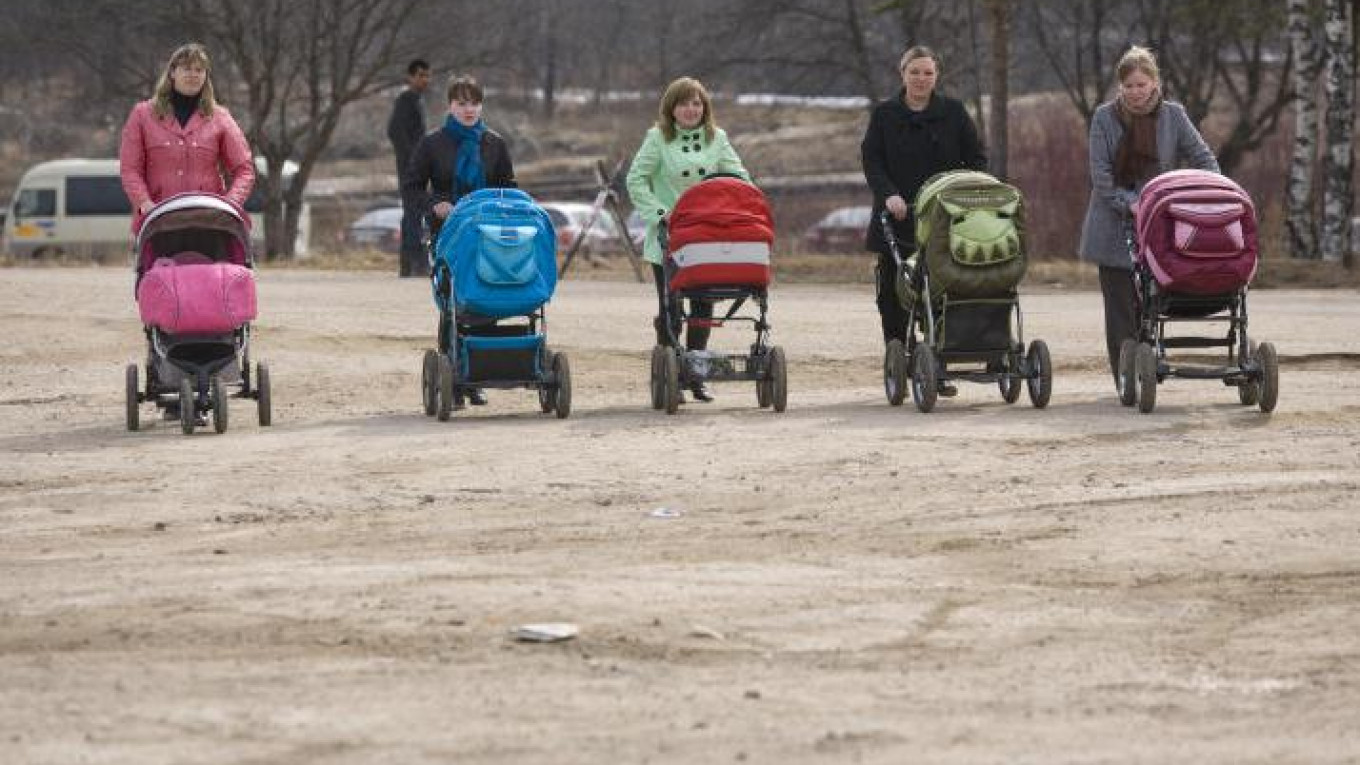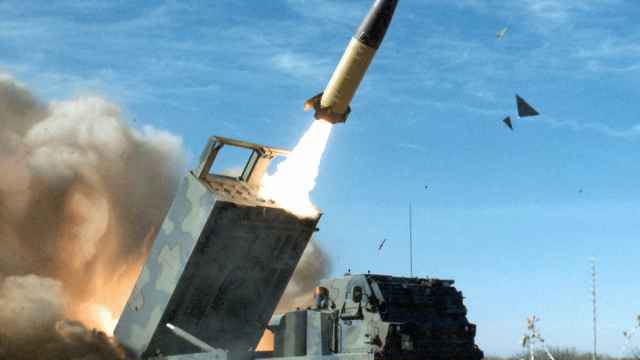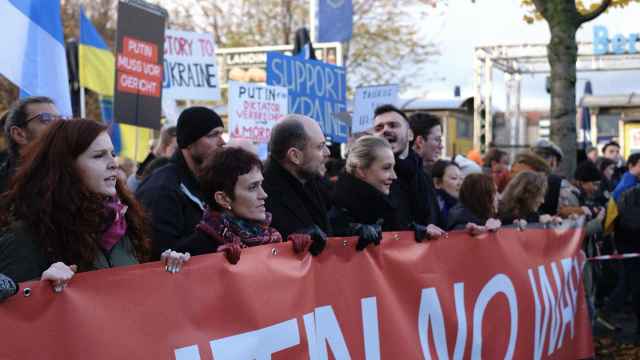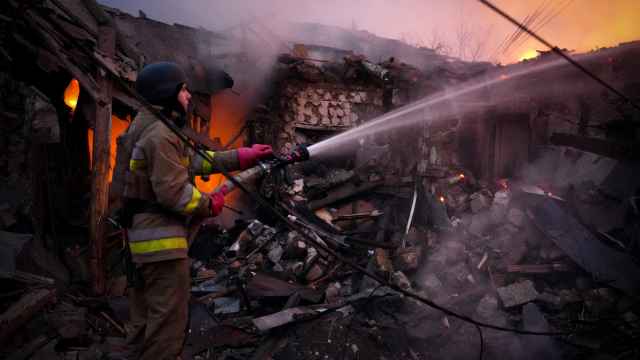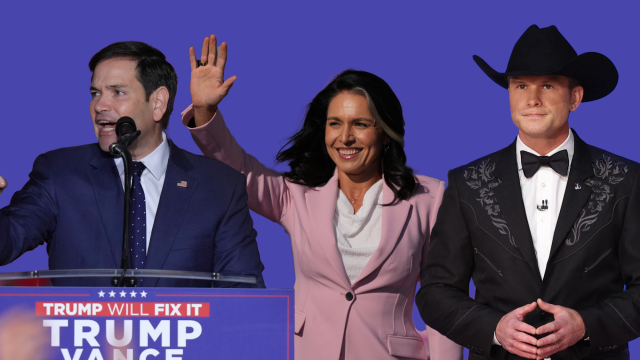Russia has long had a demographic crisis. That is why, 10 years ago, leaders introduced “maternity capital” – a special program encouraging couples to have more children. Participants receive government payouts for every successive child after their first. Families must use the money for specific needs – paying off a mortgage, building or remodeling a home, nursery school or university fees, or select medical services.
A decade later, Russia is still looking for ways to reverse its negative demographic trend. The number of women of childbearing age is dropping, the elderly constitute a growing percentage of the population, the Health Ministry predicts a rising mortality rate through 2020, and government policies continue to fall short in their attempts to save the Russian population from its downward spiral.
What’s more, maternity capital payouts will end in 2018. Prime Minister Dmitry Medvedev announced last week that 7.8 million families had received the payments since the program began 10 years ago. The payments almost doubled during that time thanks to yearly indexation, but leveled off at 453,026 rubles (approximately $7,500) in 2015 and 2016. Medvedev said the government should create new mechanisms to boost the birth rate and support families with children. For example, leaders are considering granting a property tax exemption to families with several or more children.
The Prime Minister’s words reflect the fact that government officials consider positive demographics a sign of their success in social policy generally. And some numbers really do convey good news: the birthrate rose from 1.42 children per woman in 2007 to 1.77 in 2015. (In Europe, that figure stands at 1.58.)
According to a study titled “Social policy: long-term trends and changes in recent years” issued by the Higher School of Economics, the maternity capital program did prompt more families to have a second child, but did not change the entrenched Russian preference for smaller rather than larger families.
The number of potential mothers is also falling. According to one demographic forecast by the State Statistics Service, the number of women aged 18 to 30 years (the group responsible for most births) will drop from 12.3 million today to 10.5 million in 2020, and continue to fall thereafter.
The authors of the HSE study conclude that only an increase in targeted support can improve the effectiveness of the government’s demographic-related policies. The problem is that regional governments are responsible for determining the size of benefit payments for newborn children and unemployed parents unable to place their children in over-packed nursery schools – but the economic crisis is forcing regions to reduce social spending.
Even a slight future increase in the birth rate would not offset the significant decline in the number of women of childbearing age or their plans to have small families, said HSE Institute of Demography director Anatoly Vishnevsky. At the same time, the government is cutting spending on healthcare and sports, both of which have a direct impact on the mortality rate of the working population. Russia lags especially far behind developed countries in these areas.
A Message from The Moscow Times:
Dear readers,
We are facing unprecedented challenges. Russia's Prosecutor General's Office has designated The Moscow Times as an "undesirable" organization, criminalizing our work and putting our staff at risk of prosecution. This follows our earlier unjust labeling as a "foreign agent."
These actions are direct attempts to silence independent journalism in Russia. The authorities claim our work "discredits the decisions of the Russian leadership." We see things differently: we strive to provide accurate, unbiased reporting on Russia.
We, the journalists of The Moscow Times, refuse to be silenced. But to continue our work, we need your help.
Your support, no matter how small, makes a world of difference. If you can, please support us monthly starting from just $2. It's quick to set up, and every contribution makes a significant impact.
By supporting The Moscow Times, you're defending open, independent journalism in the face of repression. Thank you for standing with us.
Remind me later.



